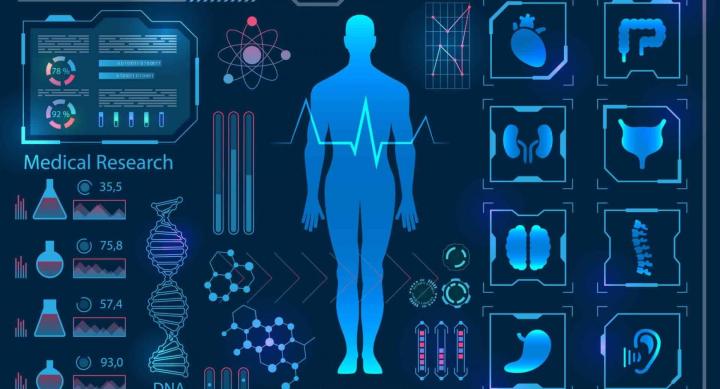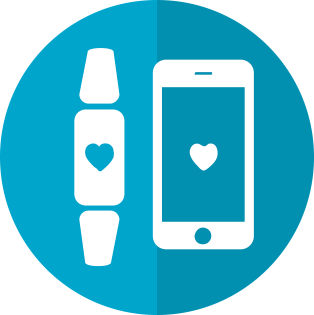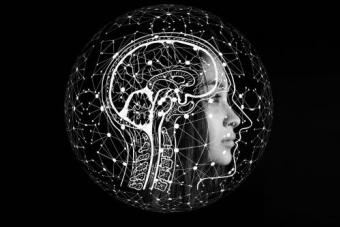Delivering and managing high-quality, cutting-edge healthcare requires expertise in data, information, and technology.
This Informatics major concentration will prepare students for a career in the rapidly evolving, data-driven healthcare industry. Learn the skills you need to design and use information technologies to improve healthcare delivery, healthcare management, and health outcomes.

Health Informatics is an interdisciplinary professional specialty and scientific discipline that aims to improve all aspects of health through information technology.

Core Competencies
Students in the Health Informatics major concentration will learn to:
- Use and manage electronic health and medical records to serve patients and address health disparities.
- Leverage data, information, and technology to empower individuals to control their own health and general physical, mental, and emotional well-being.
- Identify and address ethical dilemmas (such as privacy) that arise in the application of data, information, and technology to health.
Health Informatics Major Concentration
Informatics majors learn the skills and knowledge required to collect, manage, and analyze data and information, and prepare for the great ethical responsibility that comes with these societally transformative roles.
Students develop an understanding of the complex social, cultural, and ethical context related to communicating with digital and social media tools, and to apply this understanding to creating digital solutions and technologies that are effective, inclusive, and responsive to the needs, values, and perspectives of people with many different lived experiences.
Health Informatics major concentration requirements include:
I 301 : Introduction to Informatics - 3 HRS
In this introductory course, students will explore the foundational theories, concepts, and challenges in Cultural Heritage Informatics, Health Informatics, Human-Centered Data Science, Social Informatics, Social Justice Informatics, and User Experience Design.
View Course Listings >
I 310M: Introduction to Health Informatics - 3 HRS
In Introduction to Health Informatics, students will explore the information systems and technologies used to design and improve healthcare delivery, healthcare management, and health outcomes.
View Course Listings >
I 310X: Additional Introductory Concentration Course - 3 HRS
In addition to taking the introductory course for their selected Informatics major concentration, students must also complete an introductory course in another Informatics major concentration:
- I 310C - Cultural Heritage Informatics
- I 310M - Health Informatics
- I 310S - Social Informatics
- I 310J - Social Justice Informatics
- I 310U - User Experience Design
View Course Listings >
I 320J: Advanced Topics in Health Informatics - 9 HRS
Students must complete nine credit hours in Advanced Topics in Health Informatics.
View Course Listings >
I 379C: Capstone - 3 HRS
Students pursuing the School of Information Honors distinction may substitute I 679H: Honors Thesis (6 HRS).
View Course Listings >
I Elective - 3 HRS
Students must complete three credit hours of Informatics elective coursework at the School of Information.
View Course Listings >
iSchool General Education Requirements - 27 HRS
- Informatics 302 - Academic Success in the Digital University (3 hours)
- Informatics 372 - Career Success in the Digital Organization (3 hours)
- Informatics 303 - Ethical Foundations for Informatics or equivalent (3 hours)
- Informatics 304 - Programming for Informatics or equivalent (3 hours)
- Informatics 305 - Research Methods for Informatics or equivalent (3 hours)
- Informatics 306 - Statistics for Informatics or equivalent (3 hours)
- Foreign Language: Beginning-level proficiency coursework, or the equivalent, in a foreign language (3 hours)
- Additional liberal arts OR science, technology, engineering, and math coursework (6 hours)
Research and Labs

AI Health Lab
The AI Health Lab is led by the iSchool's Ying Ding and Justin Rousseau from the Dell Medical School at the University of Texas at Austin. The AI Health Lab is made up of scholars and students from different fields and disciplines. We focus on cutting-edge research on AI in health and data-driven science of science.